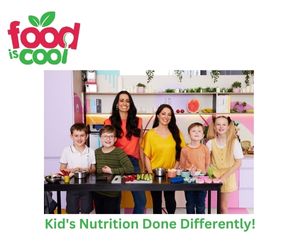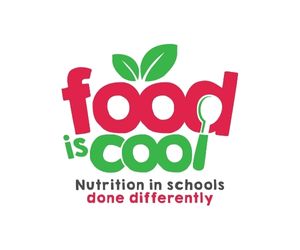Constipation is a common problem in children that affects their overall health and well-being. It occurs when a child has difficulty passing stools or has infrequent bowel movements. There are several reasons why children become constipated, including dietary changes, lack of physical activity, and certain medical conditions. However, two significant psychological factors contribute to constipation in children, namely control issues and fear of poo.
Children often do not have control over their daily routines, and they seek control wherever they can find it. Holding their bowels is something they can control. They may feel overwhelmed by the demands of their daily life and believe that controlling when they go to the bathroom gives them a sense of autonomy. On the other hand, some young children do not understand what poo is, and they may be frightened by the idea of something coming out of their bodies. This fear can be compounded by previous painful bowel movements, which can cause a child to associate going to the bathroom with discomfort or pain. This fear can lead to withholding, which exacerbates constipation and creates a vicious cycle of pain and fear.
To address constipation in young children, it is important for parents to educate their children about the importance of regular bowel movements and what constitutes a healthy diet. Teaching children what poo is and how it is formed can help them overcome any fear or anxiety they may have about bowel movements. This knowledge can also alleviate any embarrassment or shame they may feel when discussing their bodily functions.
One way to help children understand their bowel movements is by using the Bristol Stool chart for the early years (3-6). Food is Cool has developed this chart as part of its program to help children know how their “good bugs” are doing and encourage the connection between food and health. By making the connection between the food they eat and the appearance of their stool, children can better understand the impact of their diet on their digestive health.
In terms of nutrition, it is crucial to have a diet that feeds the gut microbiome, which plays a vital role in maintaining healthy bowel movements. A diet high in plant foods, including extra virgin olive oil, nuts, seeds, fruits, vegetables, legumes, and whole grains, provides the necessary components for good gut health. These plant foods contain fiber, which gives stool its form, as well as bioactives that help feed the gut microbes. Encouraging children to eat a rainbow of colors ensures they receive a variety of nutrients that support their digestive system.
In some cases, addressing constipation in children may require a multidimensional approach that combines psychological and physical interventions, you should always seek professional support and advice from your GP. But by understanding the psychological factors contributing to constipation and educating children about bowel movements and healthy diets, parents can empower their children to overcome fear and discomfort associated with going to the bathroom. With the right knowledge and support, children can develop healthy habits and maintain regular bowel movements, promoting their overall well-being and happiness.









